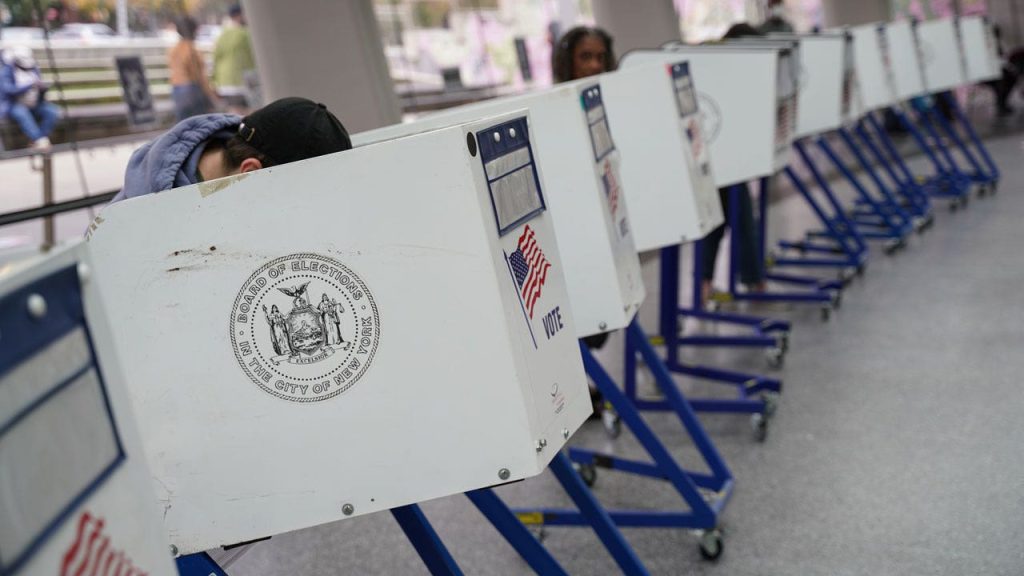The New York City Council is seeking to reverse a ruling that struck down a law allowing non-citizens to vote in local elections. The law, passed in 2021, would have allowed 800,000 green card holders to participate in local elections. The council believes that enfranchising these individuals who live, pay taxes, and contribute to the community will increase civic engagement and strengthen New York City. The case will now go to the New York Court of Appeals, and Mayor Eric Adams, who supported the law, has not yet commented on the appeal.
Immigration activists have praised the council’s decision to appeal the ruling, arguing that immigrants are an essential part of New York’s economy and communities. The legislation, titled Our City, Our Vote, aimed to empower nearly one million New Yorkers with permanent residence status or work authorizations to participate in municipal elections. Activists believe that the legal challenge to the law is an attempt by Republicans to disenfranchise Black and Brown voters across the country. However, Republican lawmakers, including U.S. Rep. Nicole Malliotakis, have argued that the law is unconstitutional and undermines the integrity of the election system.
The legal battle over non-citizen voting rights comes at a time when concerns are growing over the influx of asylum seekers in New York City. This has put a strain on public resources and led to increased attention on crimes involving migrants in the city. Despite these challenges, immigration activists and supporters of the law are hopeful that the Court of Appeals will overturn the earlier ruling and allow non-citizens to participate in local elections. They believe that giving these individuals a voice in the democratic process will benefit the city as a whole.
The council’s appeal to the state’s highest court reflects its commitment to ensuring that all residents of New York City have a say in local decision-making. By challenging the ruling that struck down the law allowing non-citizens to vote, the council is advocating for greater inclusivity and representation in the democratic process. The outcome of this legal battle will have far-reaching implications for the rights of non-citizens in New York City and could set a precedent for similar voting rights initiatives in other parts of the country.
Despite facing opposition from Republican lawmakers and concerns about the strain on public resources due to increased immigration, the council remains dedicated to empowering non-citizens to participate in local elections. By appealing the ruling that declared the law unconstitutional, the council is sending a strong message about the importance of inclusivity and representation in government. As the case moves to the New York Court of Appeals, the outcome will impact the future of voting rights for non-citizens in New York City and beyond.
In conclusion, the legal battle over non-citizen voting rights in New York City highlights the ongoing debate about inclusivity, representation, and democracy. The council’s appeal to the state’s highest court reflects its commitment to ensuring that all residents have a voice in local decision-making. Despite facing opposition and challenges, supporters of the law believe that empowering non-citizens to participate in elections will strengthen the city and increase civic engagement. The outcome of the case will have significant implications for the rights of non-citizens in New York City and could influence similar voting rights initiatives in other parts of the country.


